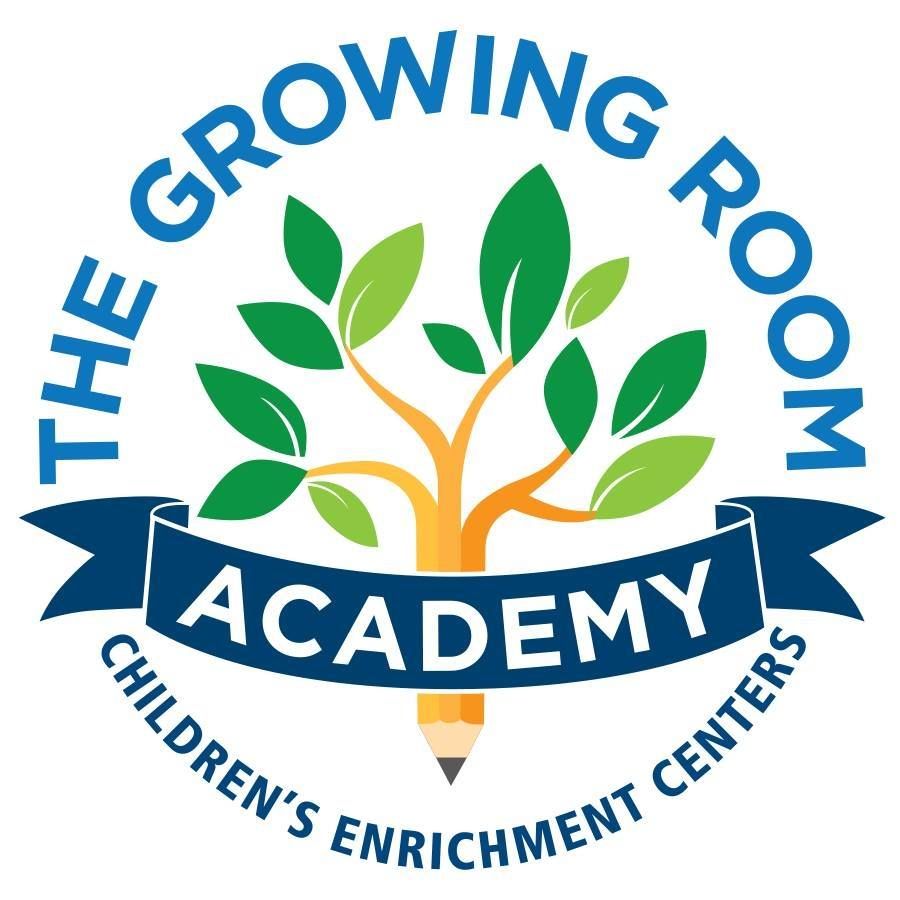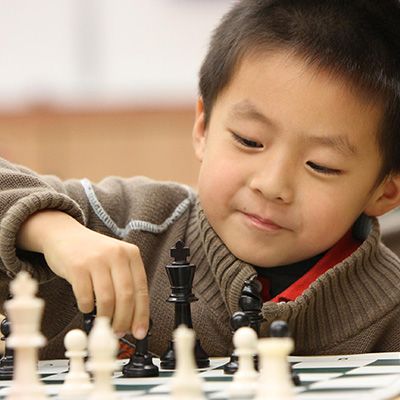It isn’t just about protecting Kings, capturing Queens and stealing Rooks. The game of Chess is about quadrants and coordinates, lines and angles, weighing the options and making decisions. It is about decoding and analysis, thinking strategically, and foreseeing the consequences. It is about improving comprehension and social interaction. In short, chess may be the perfect vehicle for teaching our children. The game of chess is an excellent educational tool.
Studies have shown a strong correlation between learning to play chess and academic performance. A landmark study by Smith and Cage (2000) posited that students who received chess instruction scored significantly higher on all measures of academic achievement, including math, spatial analysis, and non-verbal reasoning ability (p. 19-26). Other findings in various locations around the United States and Canada indicate that chess results in improved scores on standardized tests in both math and reading.
Chess and Learning Outcomes
The way chess can incorporate and relate to core academic subjects make it an amazingly powerful tool. Chess is one big science experiment; every time participants play a game they are testing hypotheses and learning by trial and error. Through chess, players are required to think abstractly, analyze concretely and plan while juggling multiple considerations simultaneously.
Critical Thinking Skills and Creativity
One of the essential goals of education is to teach students critical thinking skills. Chess is an excellent tool to reinforce critical thinking as chess favors the “if-then” thinker. During a game a player must formulate a plan of attack or defense. To effectively do this the player must evaluate the results of a specific action and sequence. They learn to be guided by logic rather than impulse and must analyze concretely. Children learn to identify alternative actions and weigh the consequences. They must consider the bigger picture and apply patterns used in one context and apply them to different, but related situations. Players are taught to develop long-range goals and the need to reevaluate plans. They learn not to be overly invested in any one consideration as they consider all of the factors. This exercise provides mental clarity to the player. The combined outcome of these skills is a child who possesses the mental dexterity and clarity required for problem solving. Chess trains the mind to play with possibilities. It requires players to be creative, which is the cornerstone of original thinking.
Math and Science
There is a correlation between children who learn chess at an early age and increased mathematics and science performance. Chess is a game of problem solving, evaluation, critical thinking and planning. It is a game of hypothesis and experimentation. Research suggests that students playing chess learn concepts through physical and visual stimuli and correlate these concepts to cognitive patterns; mathematics in the classroom usually involves only pure symbolic manipulation. Thus there seems to be some evidence to suggest that chess acts as a link in connecting form (symbolic) with understanding (physical and visual).
Reading
With its focus on problem solving, chess play seems a natural adjunct in terms of mathematic achievement, yet children who play chess also show improved reading and comprehension skills. The cognitive processes for reading and math are similar—both require decoding and analysis. The ability to predict outcomes transfers to reading comprehension where students can assign motives to characters in their stories and anticipate possible consequences and conclusions. Chess requires players to visualize concepts and piece movement. This allows for better visualization or interpretive skills when reading.
Improved Concentration and Memory
In order to win in a game of chess, a player must concentrate. This translates to improved visual memory, attention span and spatial-reasoning ability for the young player. To play well, a child must focus completely on his/her objective—capturing their opponent’s King. As a child’s concentration grows, it becomes easier to memorize past games and classic strategies. Both concentration and memory grow with experience as children visualize a sequence of actions before it happens.
Chess and Social Skills
Chess often serves as a bridge, bringing together children of different ages, races, and genders in an activity they can all enjoy. The game serves as a unifying tool in our ever-increasing diverse population. Students who are English language learners find great success with chess because there are no language barriers on the chessboard. It is a game that celebrates universal concepts that unite players. Chess can improve children’s social habits allowing students of dissimilar backgrounds to integrate with others. Chess helps build individual friendships and teaches children about sportsmanship. Children learn how to win graciously, and more importantly, how not to give up when encountering defeat.
Work Ethic and Life Lessons
Chess encourages and rewards hard work. Children learn that those who practice and study the strategies win more games. Chess offers immediate feedback to players. Lose your focus—lose a piece. They learn about persistence and patience and that there is more than one answer to a problem. Practicing Chess regularly also aids in improving the self-confidence of the child; chess has a brand that is equated with intelligence. Children learn how to strategize and the importance of planning, which also applies to life. Benjamin Franklin stated that the chess player … “will learn not to be too much discouraged by the present success of his adversary, nor to despair of final good fortune upon every little check he receives in the pursuit of it.”
Make the First Move
Is a Chessboard and pieces a part of your home landscape? If so, make sure it occupies a prominent place in your home. If not, make the purchase. The set need not be elaborate to achieve the desired consequences. In addition, parents can seek out after-school programs that offer Chess Clubs.
Whether children choose to participate in chess tournaments or play just for fun, they are reaping the educational and social benefits of the game.
Reference
Smith, J. P. and Cage, B. N. (2000). The effects of chess instruction on the mathematics achievements of southern, rural, black secondary students. Research in the Schools, 7, 19-26.


